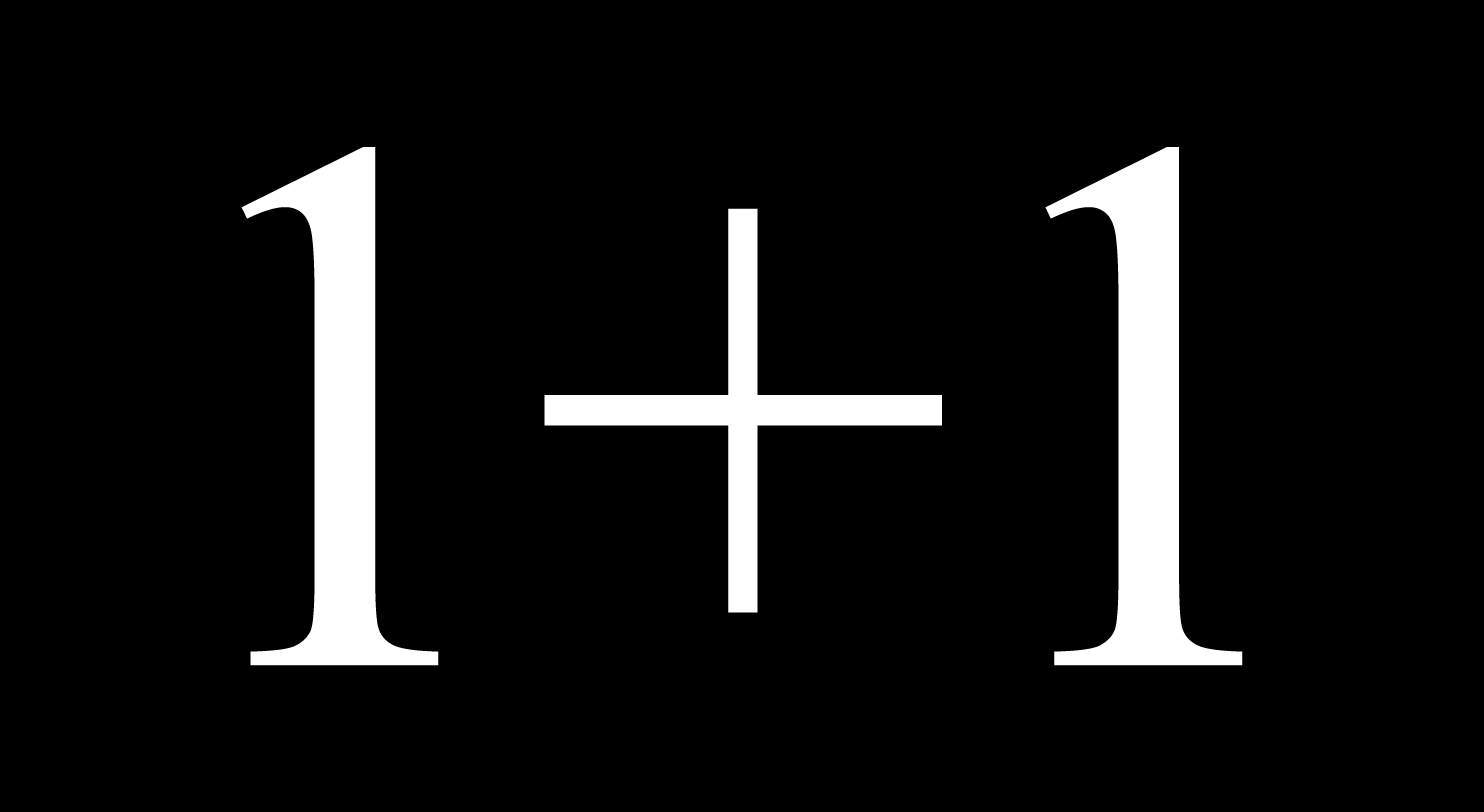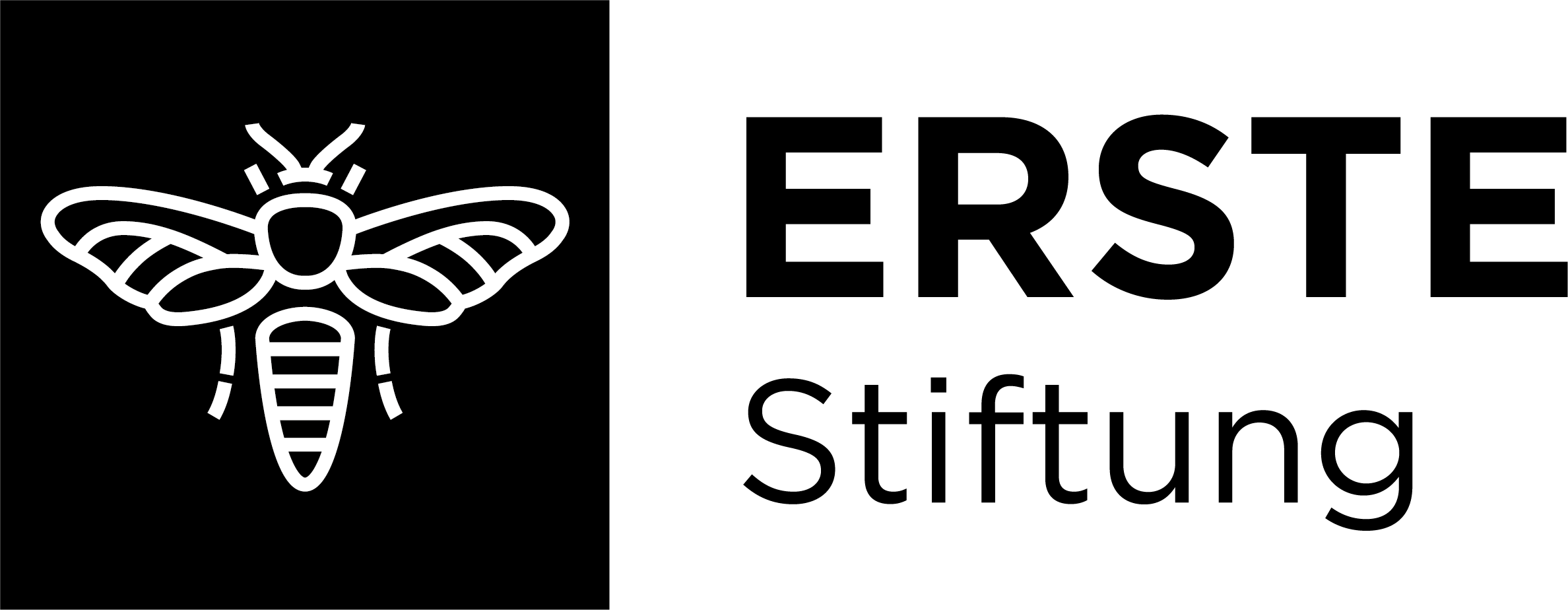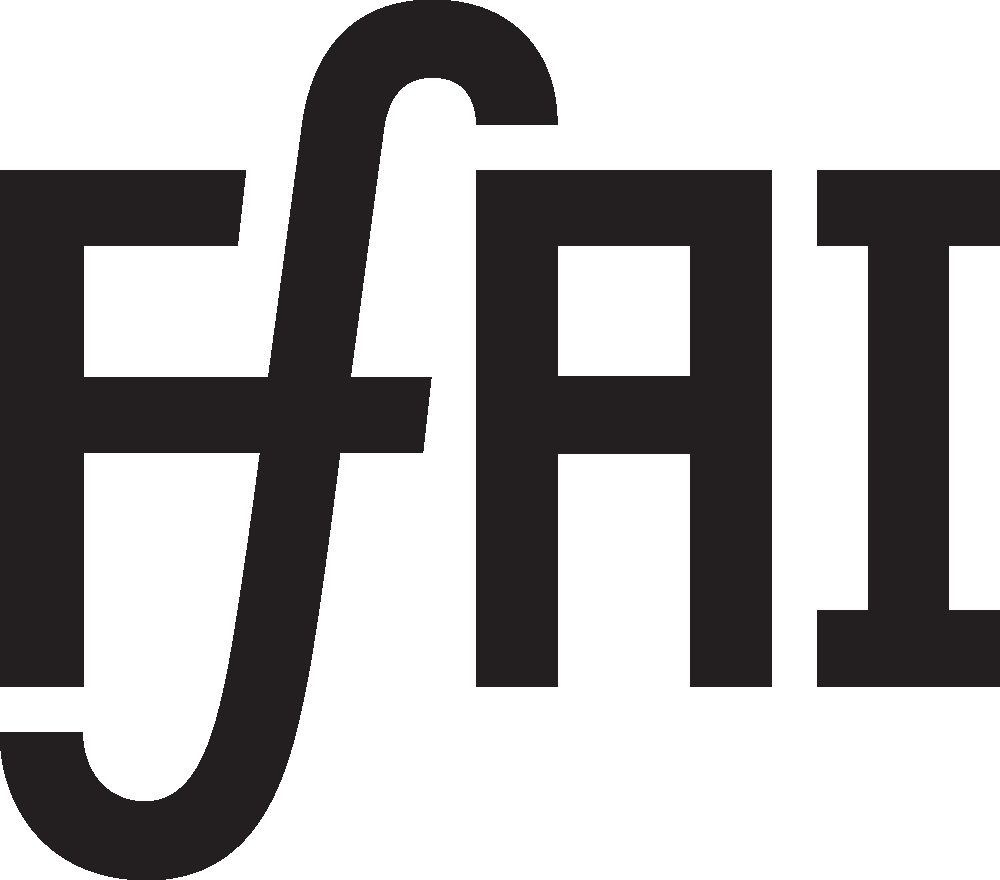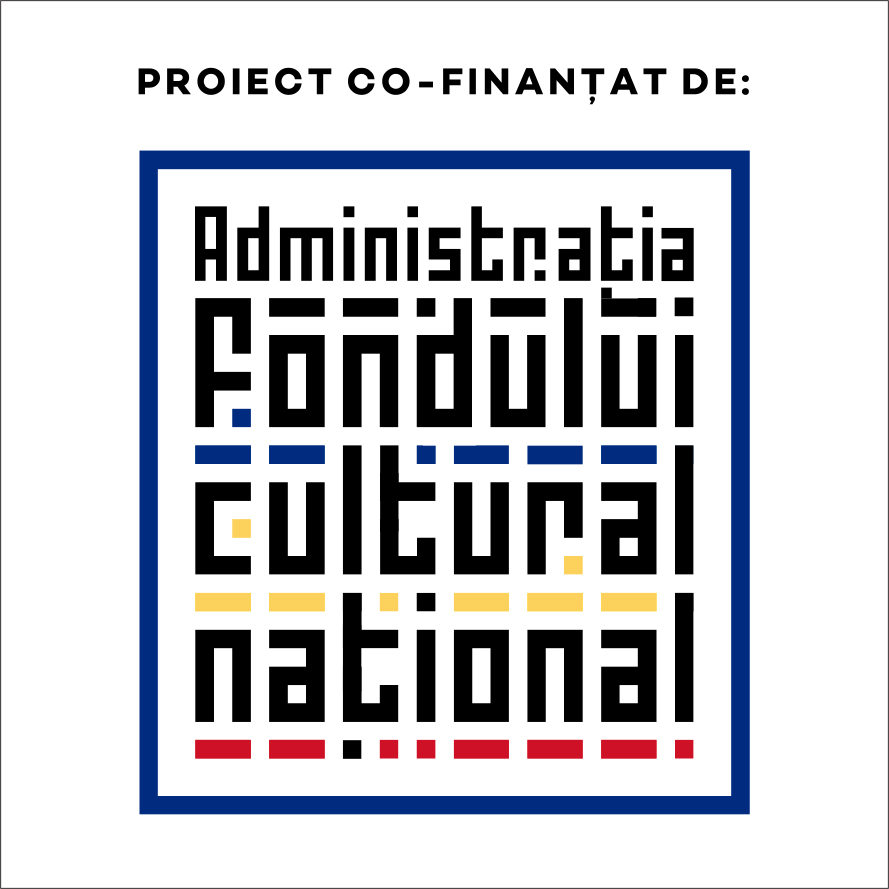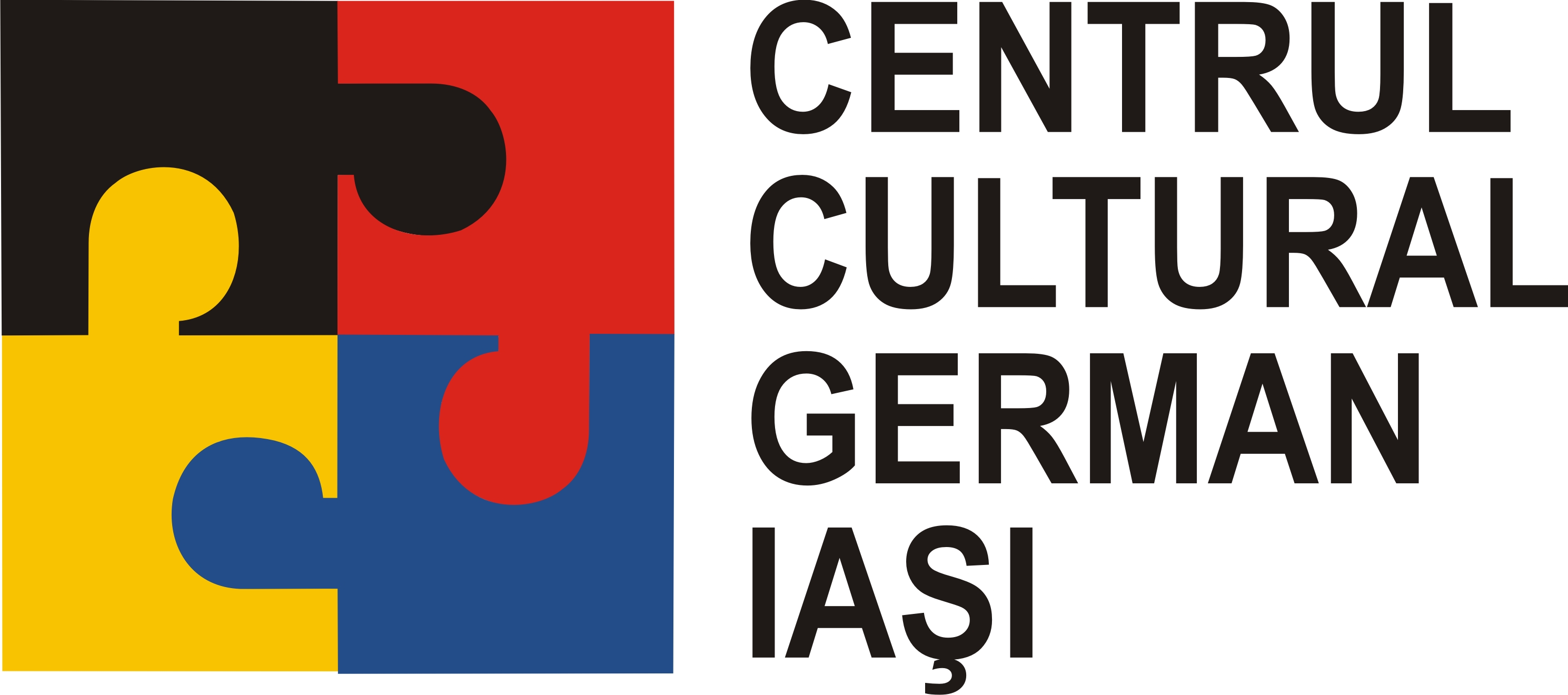Travelling exhibition
The project Conditions of Peace commenced in the autumn 2019 to consider the Schuman Declaration and the EU Charter of Fundamental Rights, in light of the cracks that were already evident in politics and society in Europe and the European Union. These were visible already in the rejection of the European Constitution in 2007, the lack of economic solidarity during the 2007-8 economic crisis and especially the handling of the Greek crisis, in Brexit, the raise of the right wing parties and movements, as well as the Yellow Vest and pension protest in France, the migration crisis, Extinction Rebellion, Fridays for the Future, etc.
In the meantime, we were faced with the COVID 19 pandemic showing us in a tangible way the meaning of externalizing social relations as unpaid labour. Countries that have, at least to some extent, maintained the concept of society as a generic signifier, in which solidarity, care and thought are social relations which are express in the production of social goods, have been able to mobilize their inhabitants i.e. the members of their society to fight the pandemic with minimum coercion. In the same situation, countries in which every social contribution is measured by income and profit needed to exploit their essential workers to the brink of death, using ever growing violence. This violence was not evenly distributed but utilized every possible social difference real and constructed – racism, anti-immigration, class discrimination, gender discrimination and other forms of more local difference.
The mass popular reaction that connected the current institutional manifestations of chauvinism in the West to its Colonial roots, puts in question again the 2009 resolution of European Conscience and Totalitarianism which states: “Europe will not be united unless it is able to form a common view of its history, recognises Nazism, Stalinism and fascist and Communist regimes as a common legacy and brings about an honest and thorough debate on their crimes in the past century”. Missing from the equation is European Colonialism, that to a great extent was Hitler’s inspiration, and that continued its racist wars well into the second half of the 20th century, much after the lessons of the Holocaust and De-Nazification should have been learnt, in fact at the same time as the Schuman Declaration announces World Peace.
European political economy of neo-colonialism is still forcing growing inequalities and creating climate change victims by protecting and subsidizing Western based multinational companies, exploiting workers and extracting resources very often inciting local and regional wars or participating in USA imperial wars. The constant rhetorical confusion in the public discourse between migrants and refugees signifies that the difference is politically constructed and that in reality they are a result of the same political decisions.
But that applies not only to far away countries, the unequal development and exploitation within Europe did not start with the EU but continues within it especially with the raise of neoliberal regimes and the fall of the Berlin Wall. Solidarity has always been in question which became evident in the refusal to socialize the debt between EU countries and more tangibly, sending airplanes to Romania to bring back guest workers for agricultural work, which citizens of Germany were reluctant to do in spite of growing unemployment due to the COVID-19 pandemic. This has also exacerbated inequalities within countries, between on the one hand, new urban middle class, the “winners” in transition which Europe’s ruling elites have appropriated (as Emmanuel Macron demonstrated in the Great National Debate, conducted as an answer to the Yellow Vests) and on the other the urban working class which was now mainly unemployed or precariously employed due to privatization and deindustrialization and the rural areas who became Europe’s dispensable “essential workers”. This “freedom of movement” has become has become the valve by which regimes controlled the disappointments and discontent of their citizens. Due to the pandemic this safety valve was closed resulting in protests that are growing ever more violent.
This project, emphasizing Europe’s aspiration for Peace, Solidarity and Wellbeing, has become urgent at the time of the COVID-19 since the pandemic is amplifying the already exiting crisis. Namely, a situation in which the acceleration of the consolidation of capital, subordinating states through their ruling elites to become capital’s national representatives and safeguards which at the same time appease “the public” by ever greater political measures of protectionism is a well known recipe for war.
The ideological war about the meaning of Peace, Solidarity and Wellbeing and how to accomplish it was a huge part of the Cold War. The experience and legacy of the Socialist Block, the non-aligned states and the anti-colonialist struggles (that for ideological, geo-political and economic reasons mainly identified with, if not overtly implemented – Socialism), still feed the socio- economic-political struggles today. In this sense the cold war has not ended it is still fought by economic, military and propagandistic means between and within countries.
In this context, in the historical part of the exhibition, we are returning back to the time of the Schuman Declaration, to reflect on the post WWII situation and its aspirations, the creation of the Coal and Steel Coalition which later became the EEC and the EU as well as the relevance and practice of these aspirations today. The countries participating in the project – Austria, Finland, Romania and Serbia - were not part of the initial six. Therefore, this part of the exhibition will also look at the particular histories of these countries, their post-war geo-political-economic situation and ideology.
— Exhibition in Helsinki, Finland
— Exhibition in Vienna, Austria
— Exhibition in Belgrade, Serbia
Historical Exhibition:
Artists:
— Alisa Beck & Marie - Christin Rissinger, I don’t like to say peace
— Andrei Nacu, The Revised Schuman Declaration
— Baran Caginli, Unable to recognize fingerprint
— Dorone Paris, A Lament for the Future
— Ines Doujak & John Barker, No Justice No Peace
— Lala Raščić, Every Angel’s Terrifying
— Ovidiu Pop, Utopian Chronicle
— Nebojša Milikić, Draft Conditions of Peace with Bourgeois Nationalist



